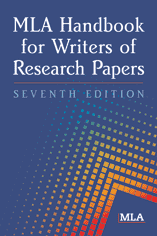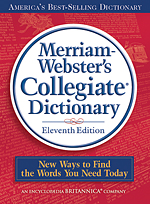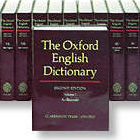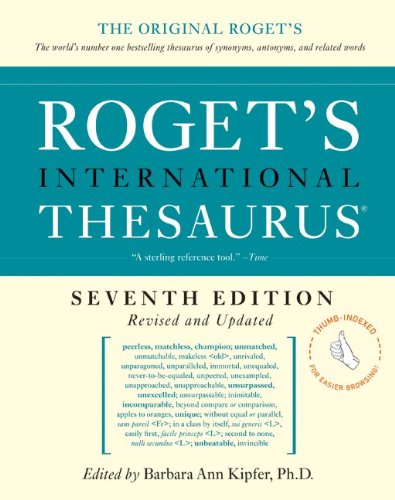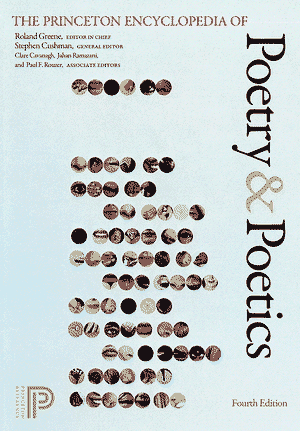|
Announcements |
!
Section
1:
|
|
|
Course Outline |
Class Time: M 11–12, Th 8–10
Required Texts
Syllabus (pdf file)
Requirements and Expectations
|
|
|
Studying Literature |
|
|
|
Writing |
|
|
|
Links |
Electronic Databases
|
|
|
Essential References |
|
MLA Handbook for Writers of Research
Papers.
7th ed. New York: Modern Language
Association of America, 2009. Print. |
|
|
Merriam-Webster's Collegiate Dictionary. 11th ed. Springfield, MA: Merriam-Webster, 2003. Print. |
|
|
|
Oxford English Dictionary. 2nd ed. 20 vols. Oxford: Oxford UP, 1989. Print. |
|
|
|
Roget's International Thesaurus. 7th ed. Ed. Barbara Ann Kipfer. New York: Harper, 2010. Print. |
|
|
|
The Princeton Encyclopedia of Poetry and Poetics. 4th ed. Eds. Roland Greene, et al. Princeton, NJ: Princeton UP, 2012. Print. |
|
